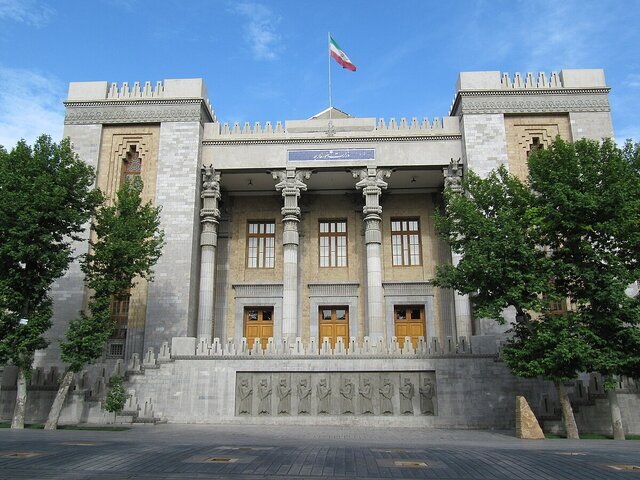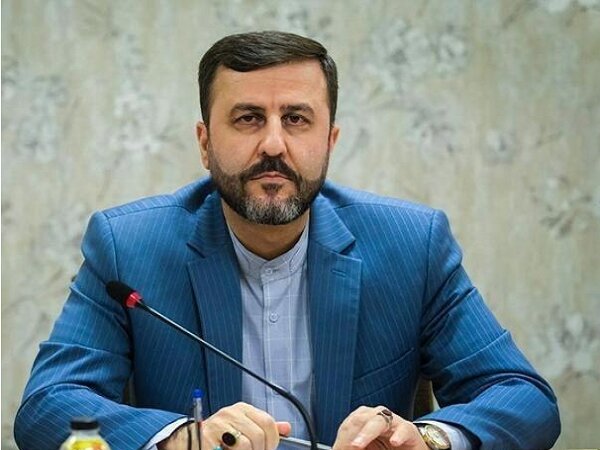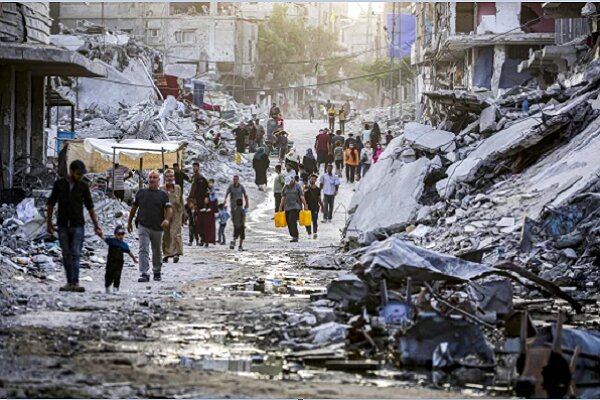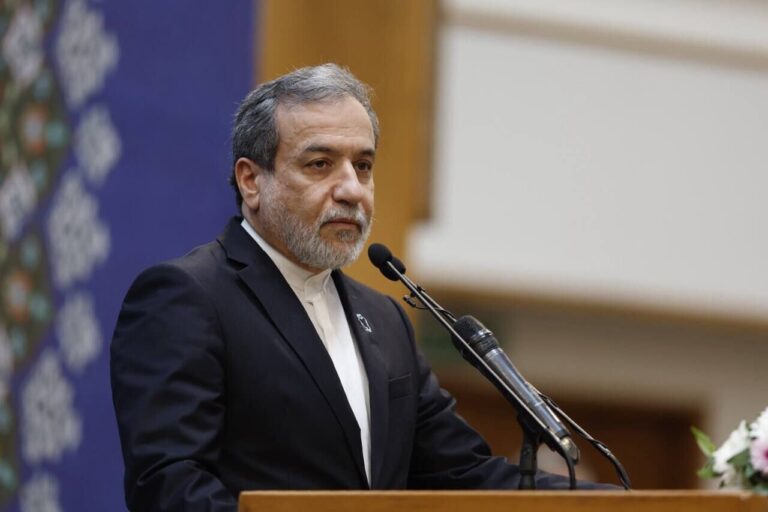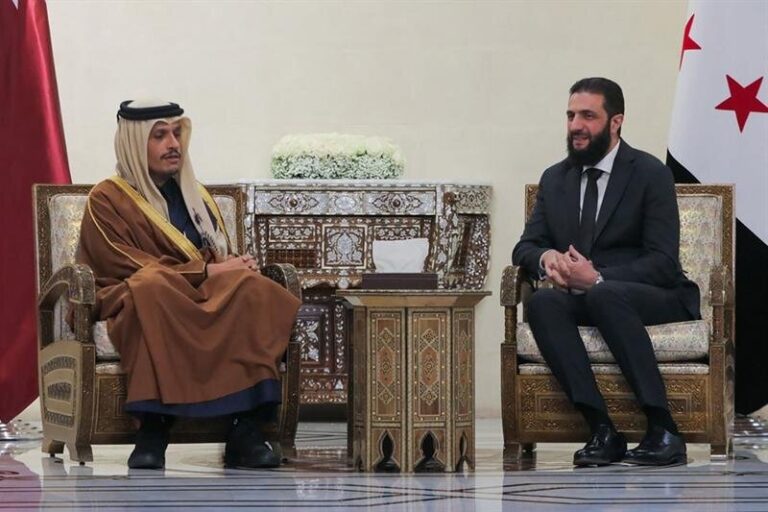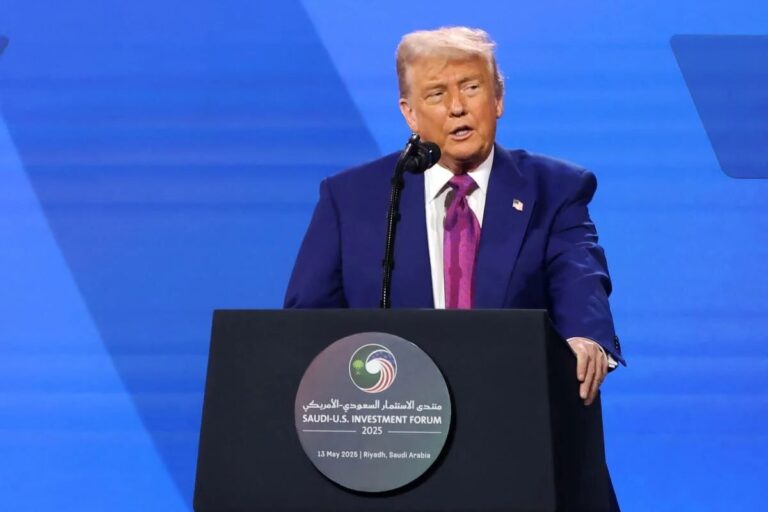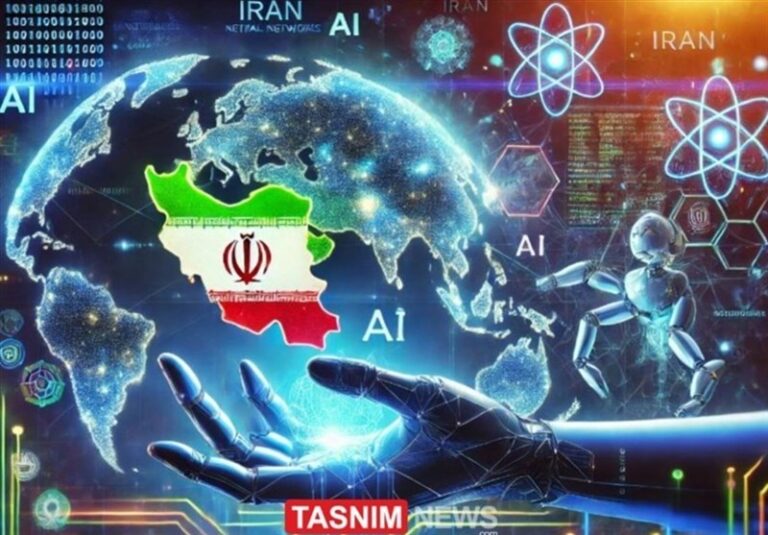Iran Calls on Polish Charge d’Affaires: Diplomatic Tensions Rise
In a recent diplomatic incident, Iranian officials have raised concerns regarding biased statements made by the Polish Foreign Minister, Marcin Wilczek. The Deputy Minister and Director General of Mediterranean and Eastern European Affairs, Mahmoud Heidari, has formally lodged a complaint, highlighting the escalating tensions surrounding the display of an Iranian drone wreckage at a significant political event.
The situation intensified during the 2025 Conservative Political Action Conference (CPAC) held in Washington, D.C., where the wreckage of an Iranian drone was showcased. This event was attended by prominent figures, including US President Donald Trump. Wilczek, representing Poland at the conference, assured Heidari that he would promptly relay the concerns to his country’s Foreign Ministry.
At CPAC, Radosław Sikorski, a notable Polish politician, made a statement asserting that the global community must recognize the potential threats stemming from the cooperation between Iran and Russia. This remark was made in the context of the conference’s focus on fostering an anti-Iran narrative, aiming to provide justification for the Western portrayal of Iran as a threat.
- The Iranian drone, referred to as Shahed, was reportedly utilized by Russia in its ongoing conflict with Ukraine.
- American media sources indicate that the drone was transferred to the United States with assistance from both Kyiv and Warsaw.
- This operation was also supported by the Union Against Nuclear Iran, a non-governmental organization led by Mark Wallace, a former US envoy known for his anti-Iran stance.
In response to these developments, it was noted that the European Union and the United States have imposed sanctions on Iran, accusing the nation of supplying drones to Russia for use in the Ukraine war. However, the Islamic Republic has consistently refuted these claims, asserting that any drone sales to Russia occurred prior to the onset of the conflict.
Moreover, Iranian officials recently emphasized that there are no legal restrictions on the sale of their drones, including the Shahed model. “The Shahed drone is among the world’s most advanced unmanned aerial vehicles, possessing exceptional reconnaissance, surveillance, and operational capabilities, while maintaining an extremely cost-effective price,” stated Iran’s mission to the UN via its official social media account.
This incident underscores the complex geopolitical dynamics involving Iran, Poland, and the broader international community, particularly regarding defense technologies and military collaborations. As tensions continue to rise, the implications of these diplomatic exchanges could have significant ramifications for future relations between Iran and Western countries.
In summary, the recent complaint by Iran against the Polish Foreign Minister brings to light several key issues:
- Diplomatic Complaints: Iran’s formal complaint highlights the importance of addressing perceived biases in international dialogue.
- Drone Disputes: The controversy surrounding the Shahed drone exemplifies the ongoing tensions between Iran and Western nations, particularly in the context of military aid and cooperation with Russia.
- International Relations: The statements made at CPAC reflect a broader strategy to shape public perception regarding Iran’s role in global security.
The diplomatic friction between Iran and Poland, fueled by the portrayal of the Shahed drone, illustrates the intricate web of international relations affected by military technology and geopolitical interests. As both nations navigate this sensitive terrain, the need for constructive dialogue and understanding becomes increasingly vital.
As the situation develops, observers will be keen to see how these tensions evolve and what steps both countries will take to address the underlying issues contributing to the current diplomatic strain.
